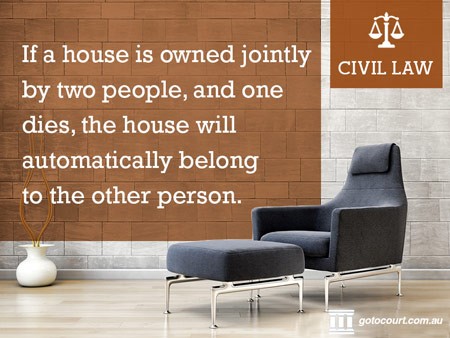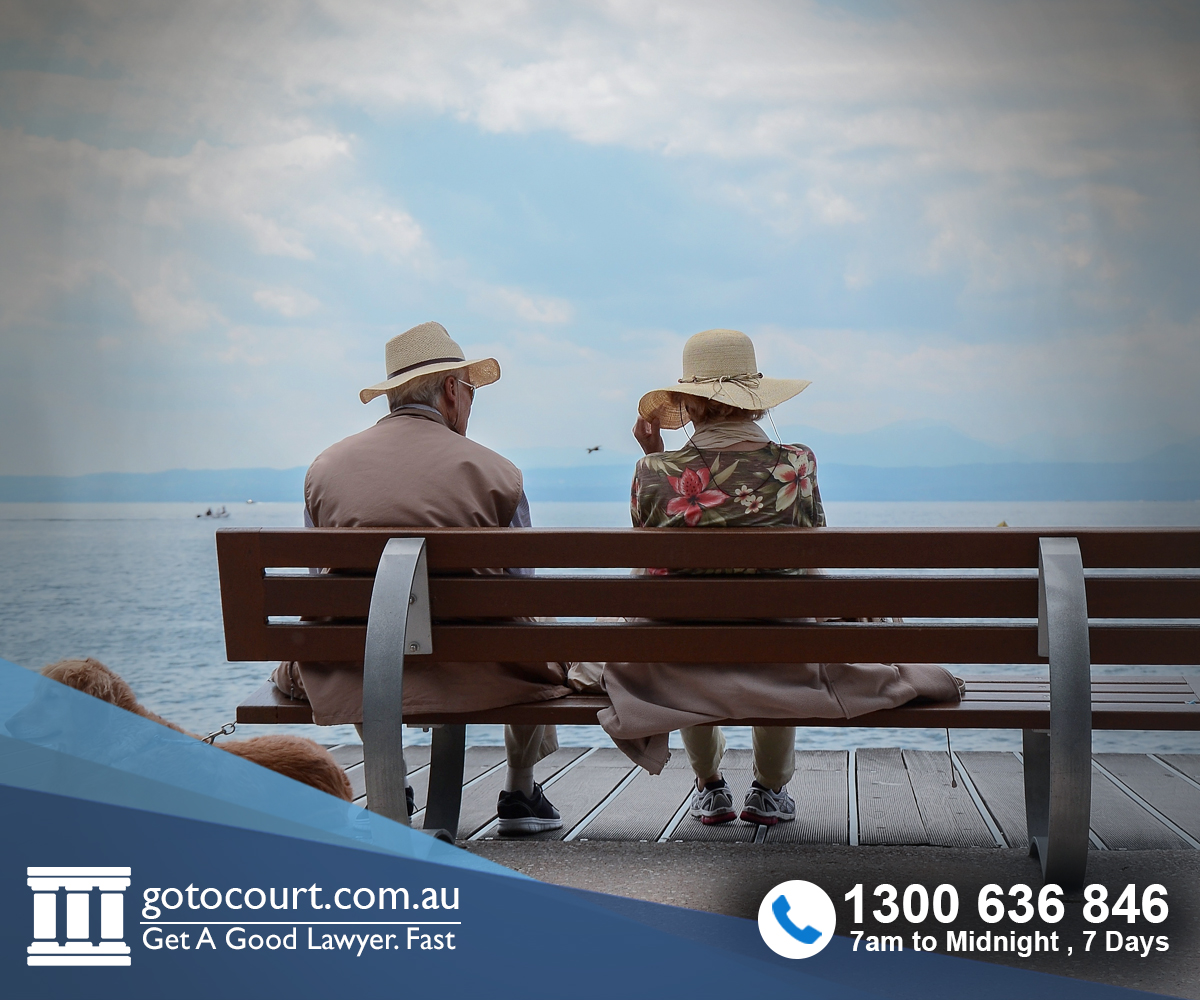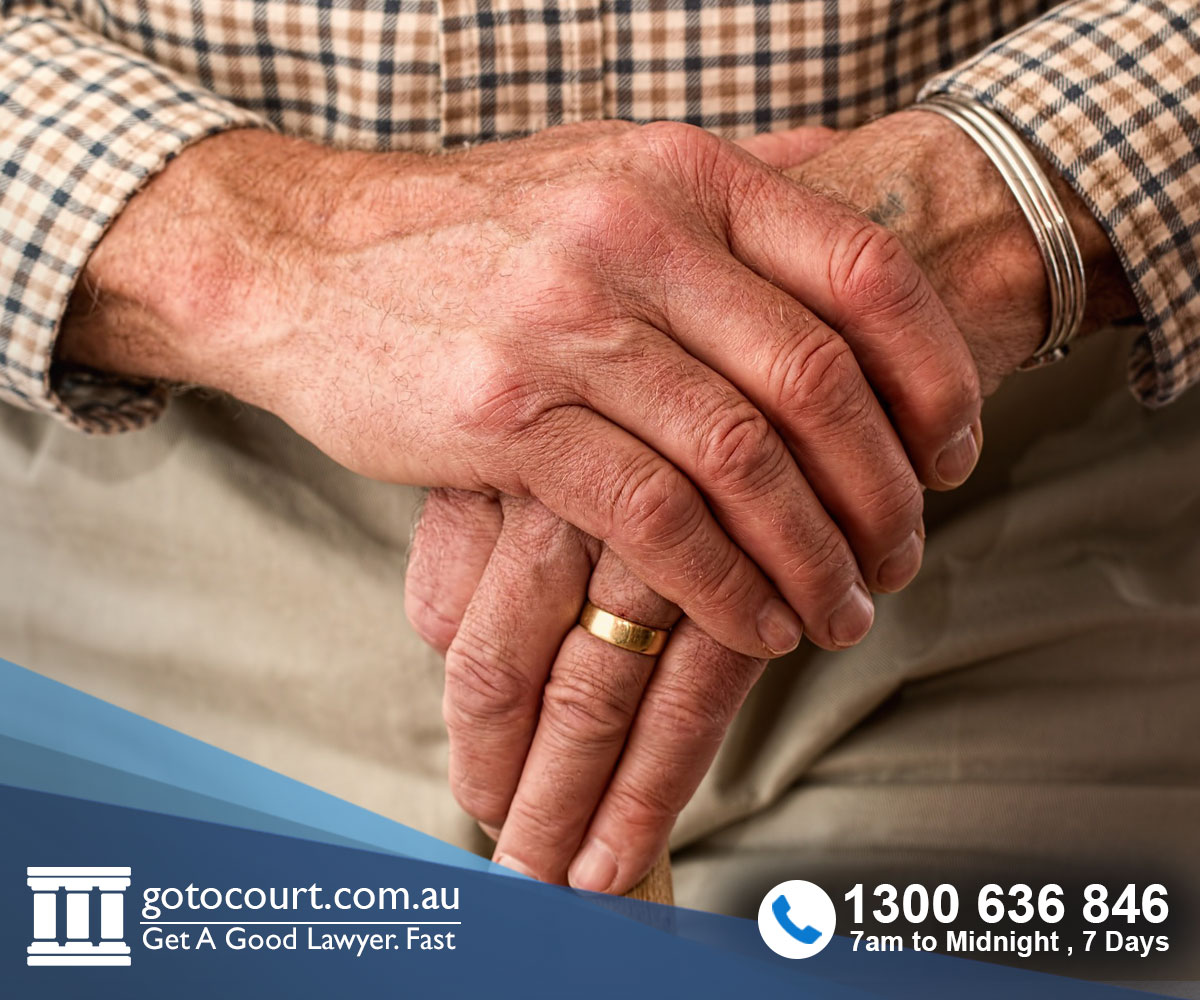Call our lawyers
now
or,
have our lawyers
call you
Intestacy & Letters of Administration SA
Updated on Jan 11, 2023 • 5 min read • 191 views • Copy Link
Intestacy & Letters of Administration SA
Intestacy is where a person who has property that is worth more than the value of their debts dies without leaving a will, or leaving a will that does not effectively dispose of all of their estate. Some very small estates can be handled without an official grant from the Probate Division of the Supreme Court of South Australia. Otherwise, an application will need to be made to the court for Letters of Administration. The Supreme Court Rules 2004 set out who is entitled to claim a grant, and what the application must contain.

Procedure
If the deceased died on or after 26 June 2014, the documents to be filed are an administrator’s oath, draft letters of administration, and an affidavit of assets and liabilities which must have a schedule of assets and liabilities attached. If the death was prior to that date an administration bond must also be lodged. The applicant for letters of administration must, together with either two sureties (or an approved insurance company as guarantor), lodge a bond that the administrator will do the work of administering the estate properly. If private sureties are chosen, both must have assets in their name at least equal to the value of the estate. Where the administrator is the spouse, only one surety is needed.
In some circumstances a special affidavit can be completed and a bond can be avoided altogether. An affidavit of justification of sureties must also be filed unless the surety is an insurance company or there is an application to dispense with the bond, in which cases an affidavit in lieu of guarantee is needed. It is possible to avoid filing the affidavit of justification of sureties and the surety’s guarantee in some circumstances. There is a fee in South Australia, currently $1,088.00, for filing for a grant. After the grant, the estate is distributed in the statutory order which is set out in the Administration and Probate Act 1919.
Distribution of the estate.
If the person died leaving a spouse or a domestic partner but no children, the entire estate goes to the spouse or domestic partner. The definition of a spouse does not include a divorced spouse. The definition of a domestic partner is set out in the Family Relationships Act 1975 and it means two adult persons of any gender who have lived together on a genuine domestic basis for a least 3 years, or who have lived together for periods totalling 3 years or more over a period of 4 years, or who have had a child. If the deceased leaves both a spouse and a domestic partner each is entitled to an equal share of the property.
A Court may make a declaration that two persons were domestic partners on a particular date. Even if the deceased has children, if the estate is valued at $100,000.00 or less the spouse or domestic partner is entitled to the whole estate. If the estate is valued at more than $100,000.00 the spouse or domestic partner will be entitled to the sum of $100,000.00 and half of the balance of the estate, plus the personal belongings of the deceased. The children of the deceased are entitled to the balance of the estate in equal shares.
If the deceased and her/his spouse or domestic partner dies within twenty eight days of each other the estate is distributed as though there was no spouse or domestic partner. Where there is no surviving spouse or domestic partner but there are surviving children of the deceased, the children receive equal shares of the estate. This includes children who are adopted, but not a step-child. If a child has died leaving children (the deceased’s grandchildren) they will each receive an equal share of their parent’s share. Otherwise, the child’s share is shared equally among the other siblings. A person who has been adopted cannot share in her or his birth parent’s estate after the death of the birth parent. Every child whether born within or outside of a legal marriage, is entitled to share in the estate.
The deceased’s home
If a house is owned jointly by two people, and one dies, the house will automatically belong to the other person. This cannot be changed by a will. If an intestate person who owned a house in only their name is survived by a spouse and children, the spouse has the right to live in the house for three months and is also entitled to buy the house from the estate within that time. The spouse would have to buy from the children their share in the house (after considering the spouses entitlement to $100,000.00 from the estate if necessary) in order to continue to live in it. The 3 month period starts when the letters of administration are granted to the spouse or when proper notice is given to the spouse. If the spouse cannot afford to buy out the children’s share, they can apply to the court to postpone the sale of the house until the children have all turned 18. They could also make an application under the Inheritance (Family Provision) Act for a greater benefit.

Affordable Lawyers
Our Go To Court Lawyers will assist you in all areas of law. We specialise in providing legal advice urgently – at the time when you need it most. If you need a lawyer right now, today, we can help you – no matter where you are in Australia.How It Works







1. You speak directly to a lawyer
When you call the Go To Court Legal Hotline, you will be connected directly to a lawyer, every time.


2. Get your legal situation assessed
We determine the best way forward in your legal matter, free of charge. If you want to go ahead and book a face-to-face appointment, we will connect you with a specialist in your local area.


3. We arrange everything as needed
If you want to go ahead and book a fact-to-face appointment, we will connect you with a specialist in your local area no matter where you are and even at very short notice.










